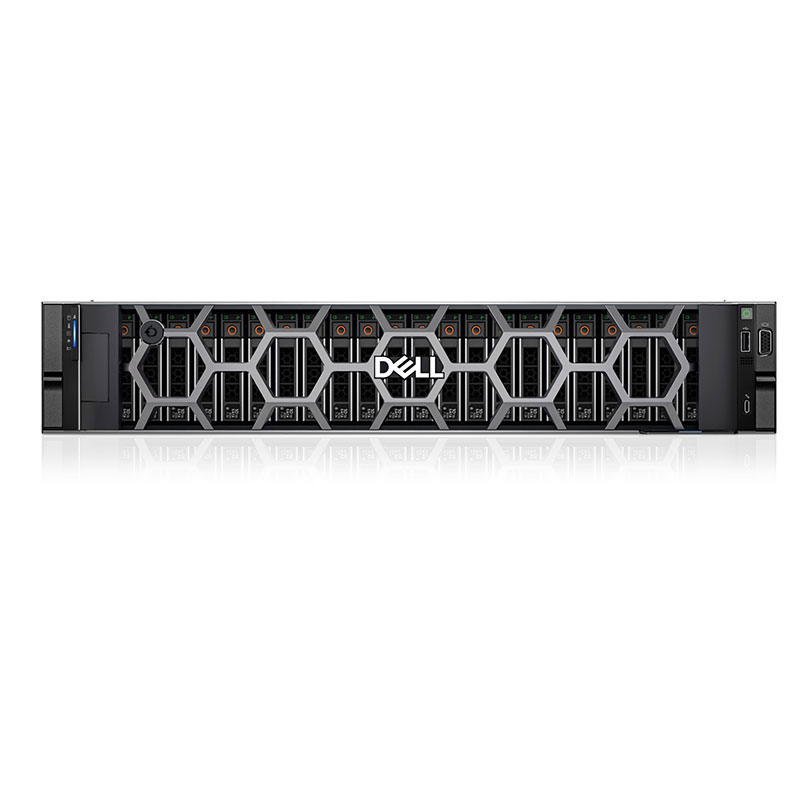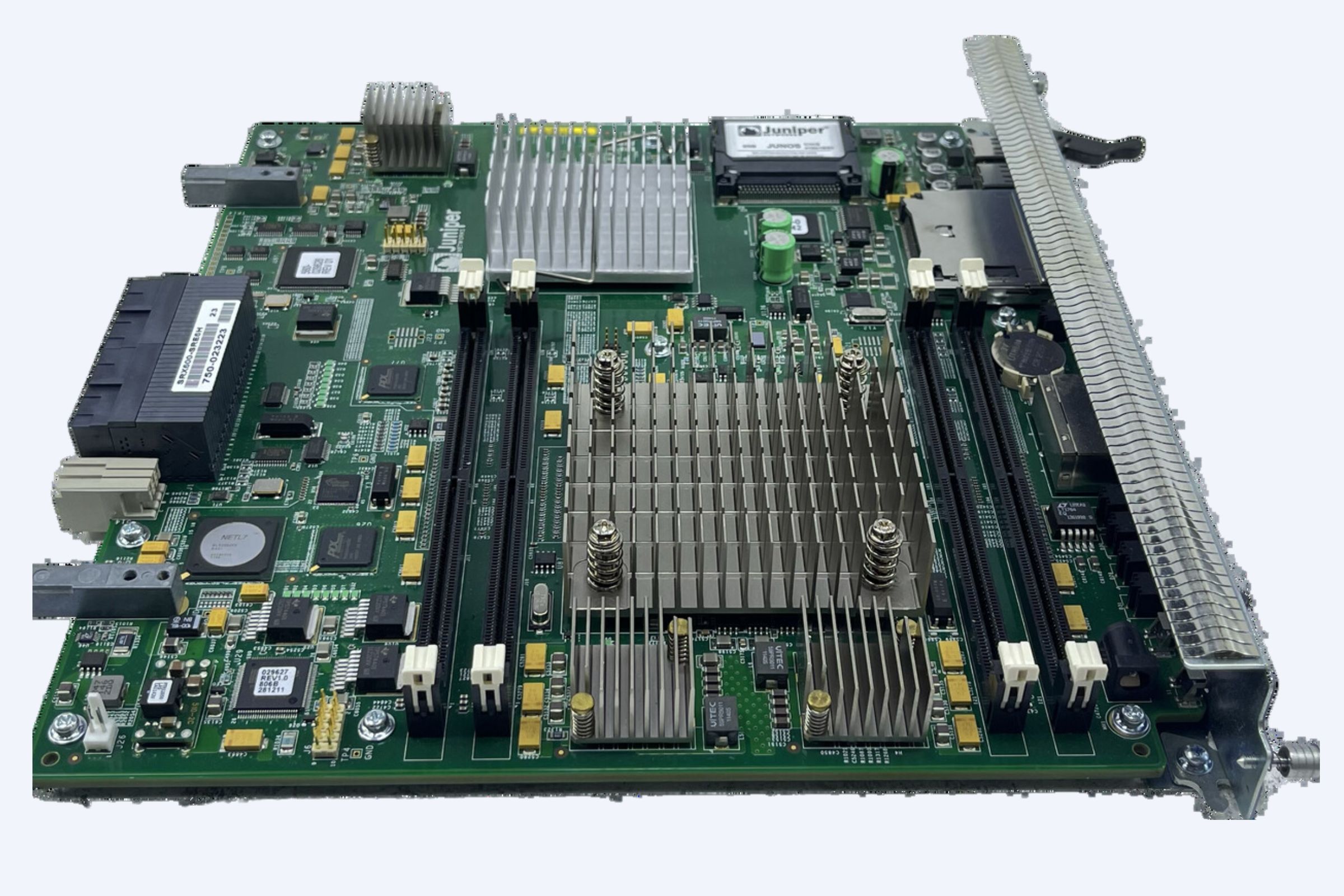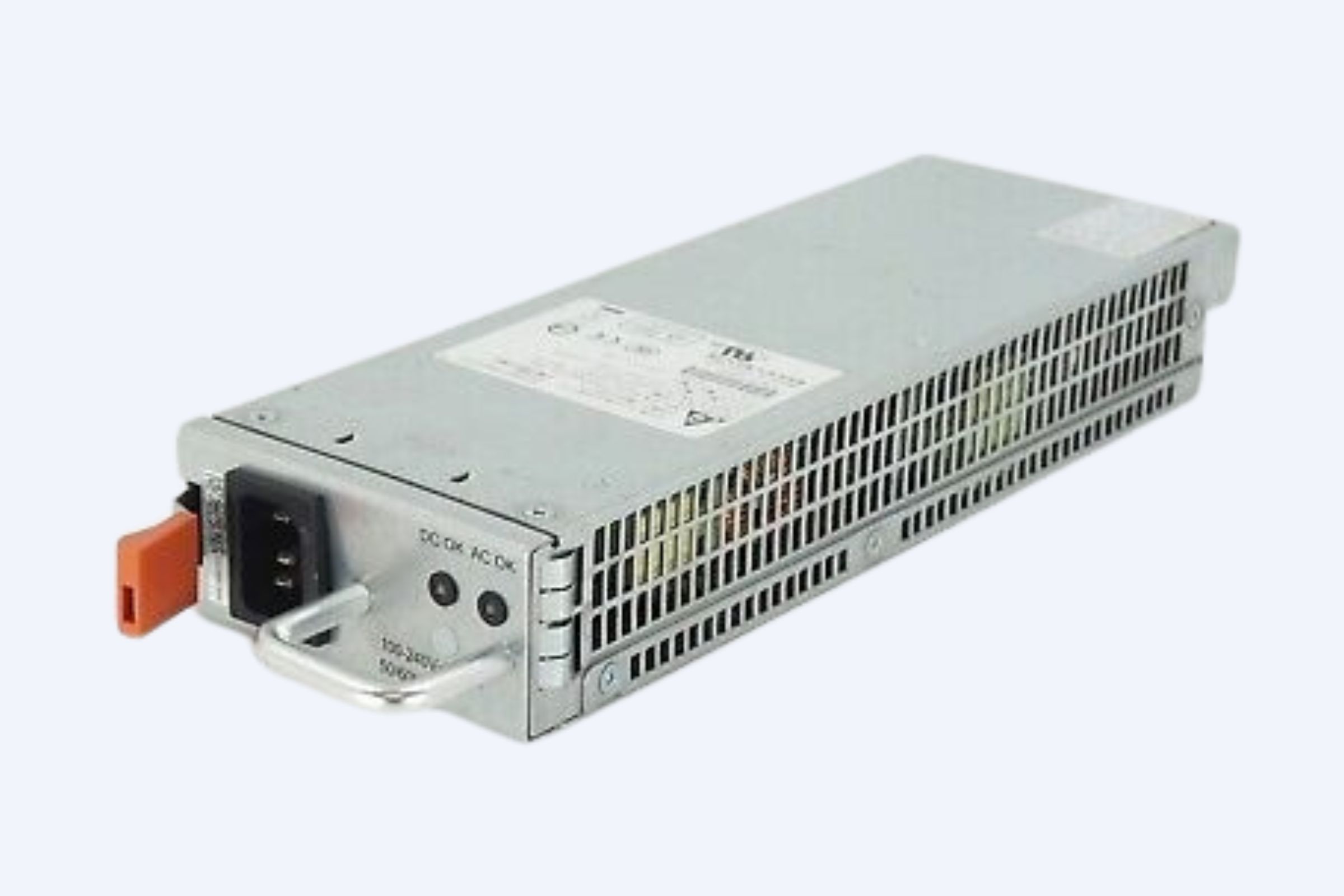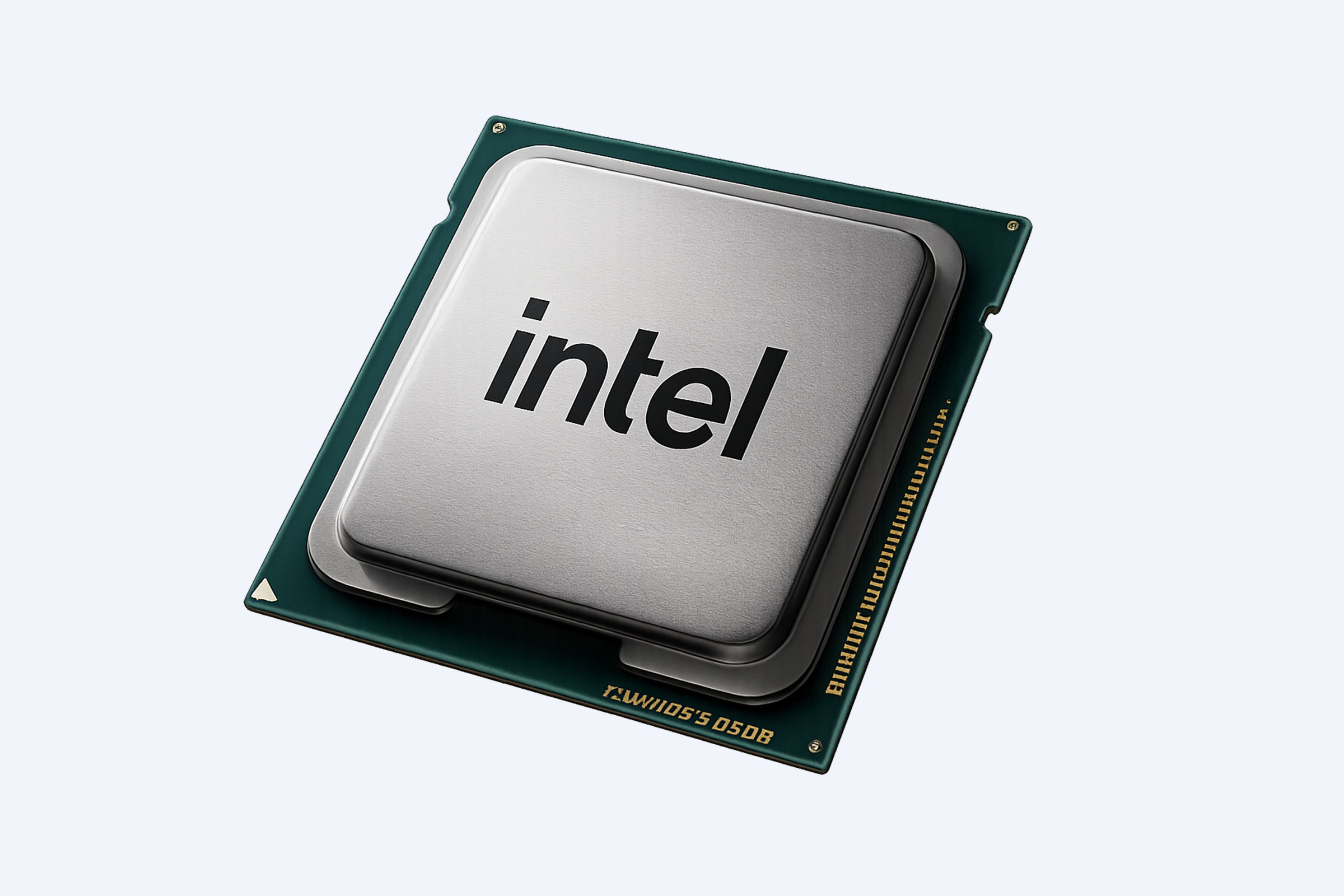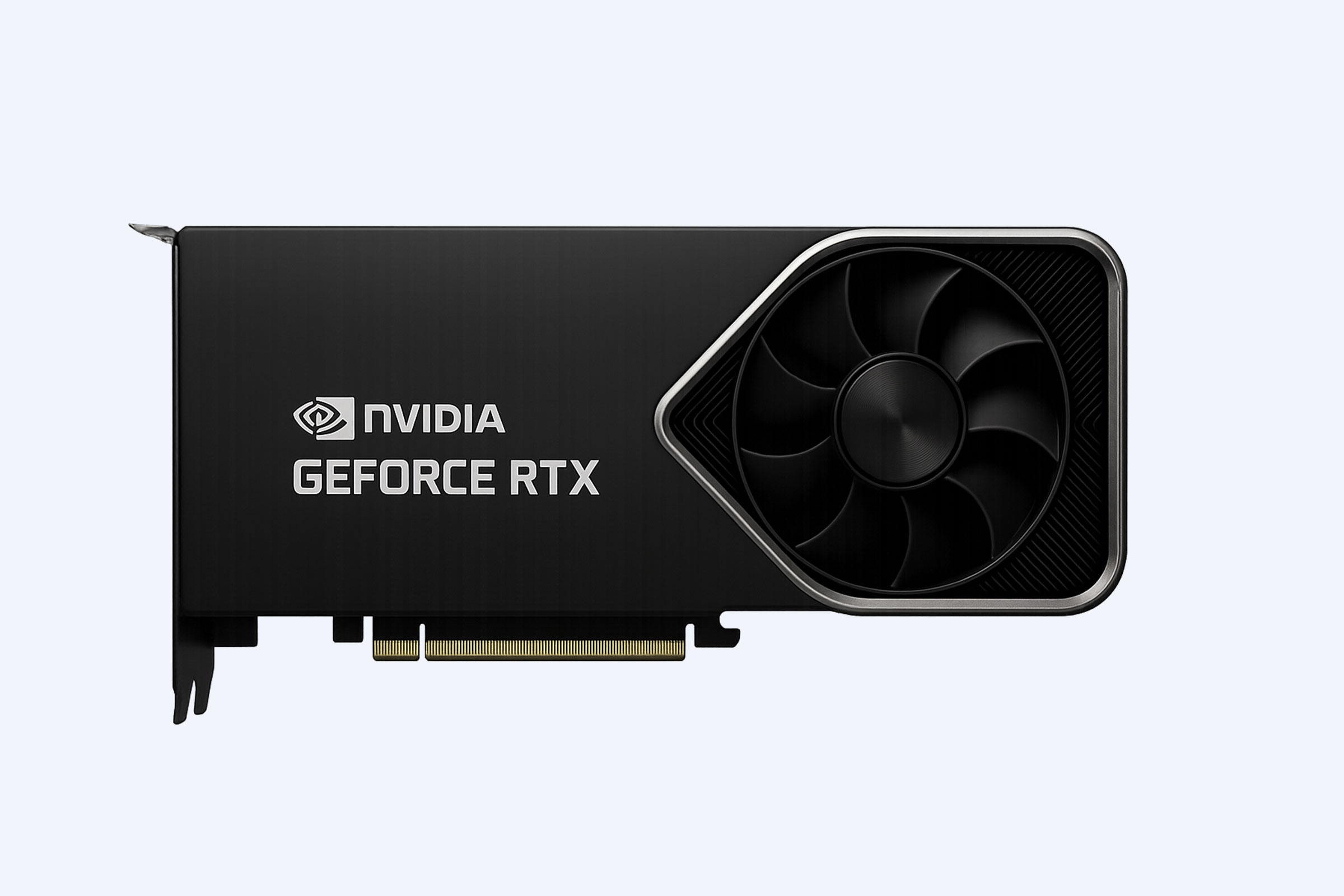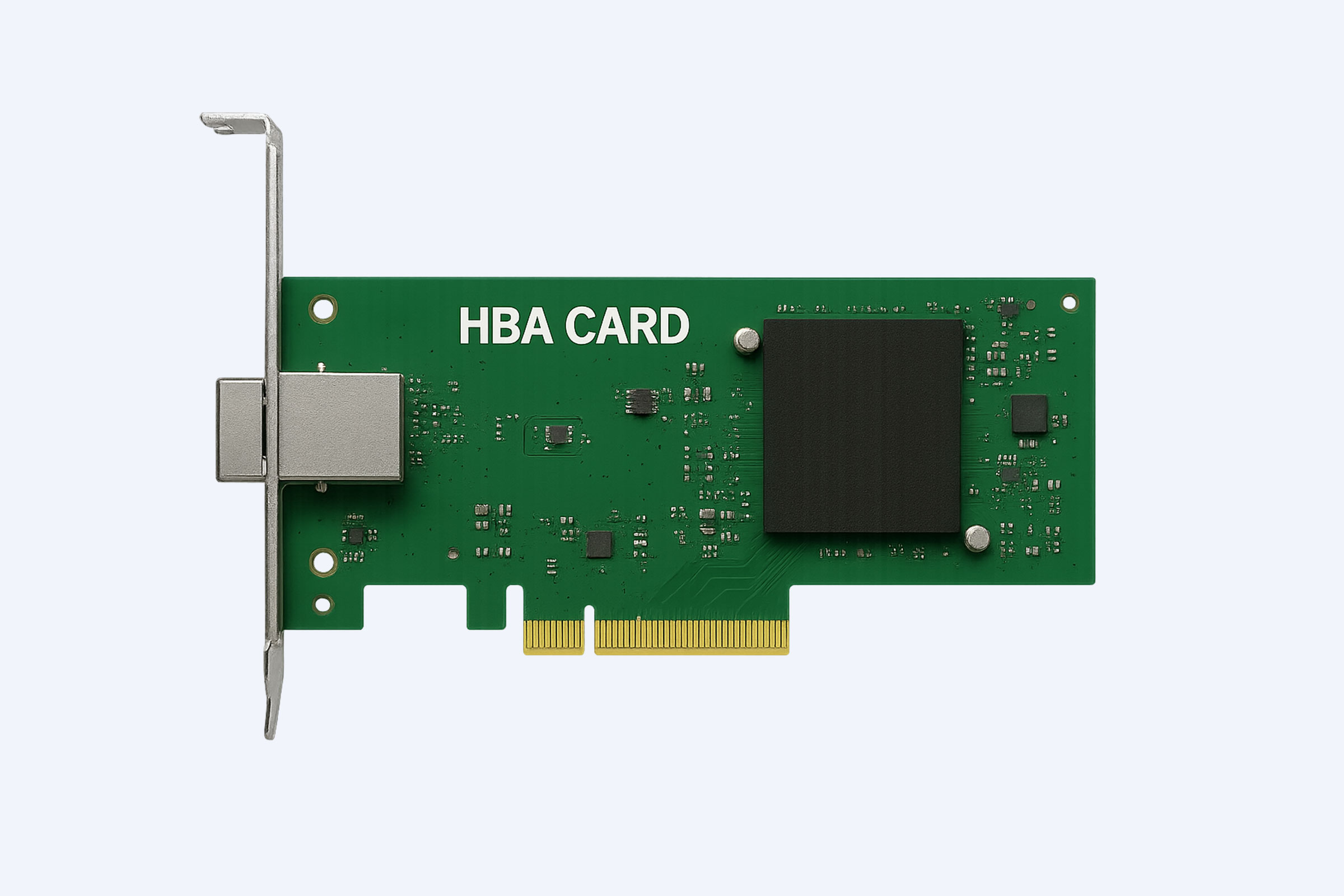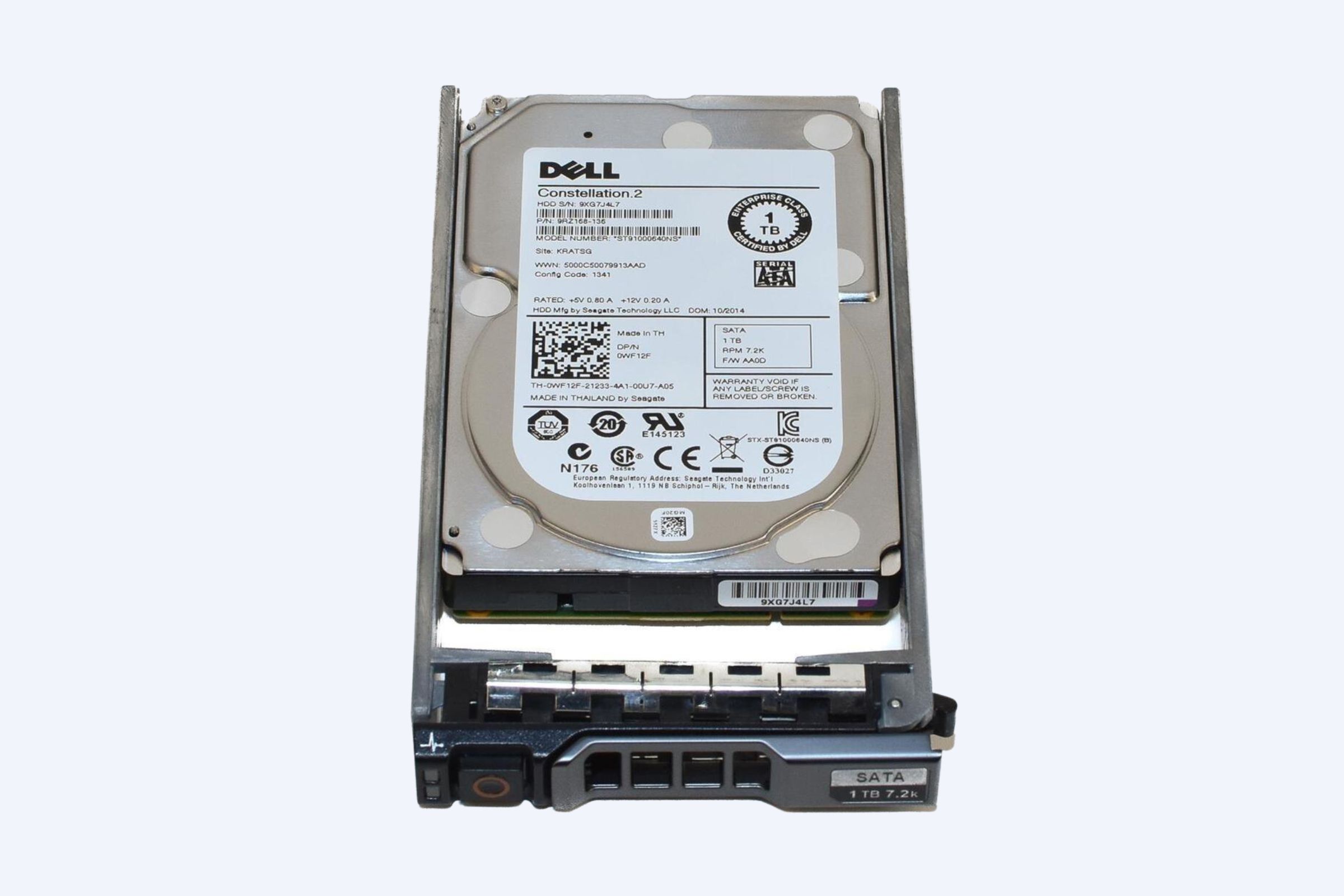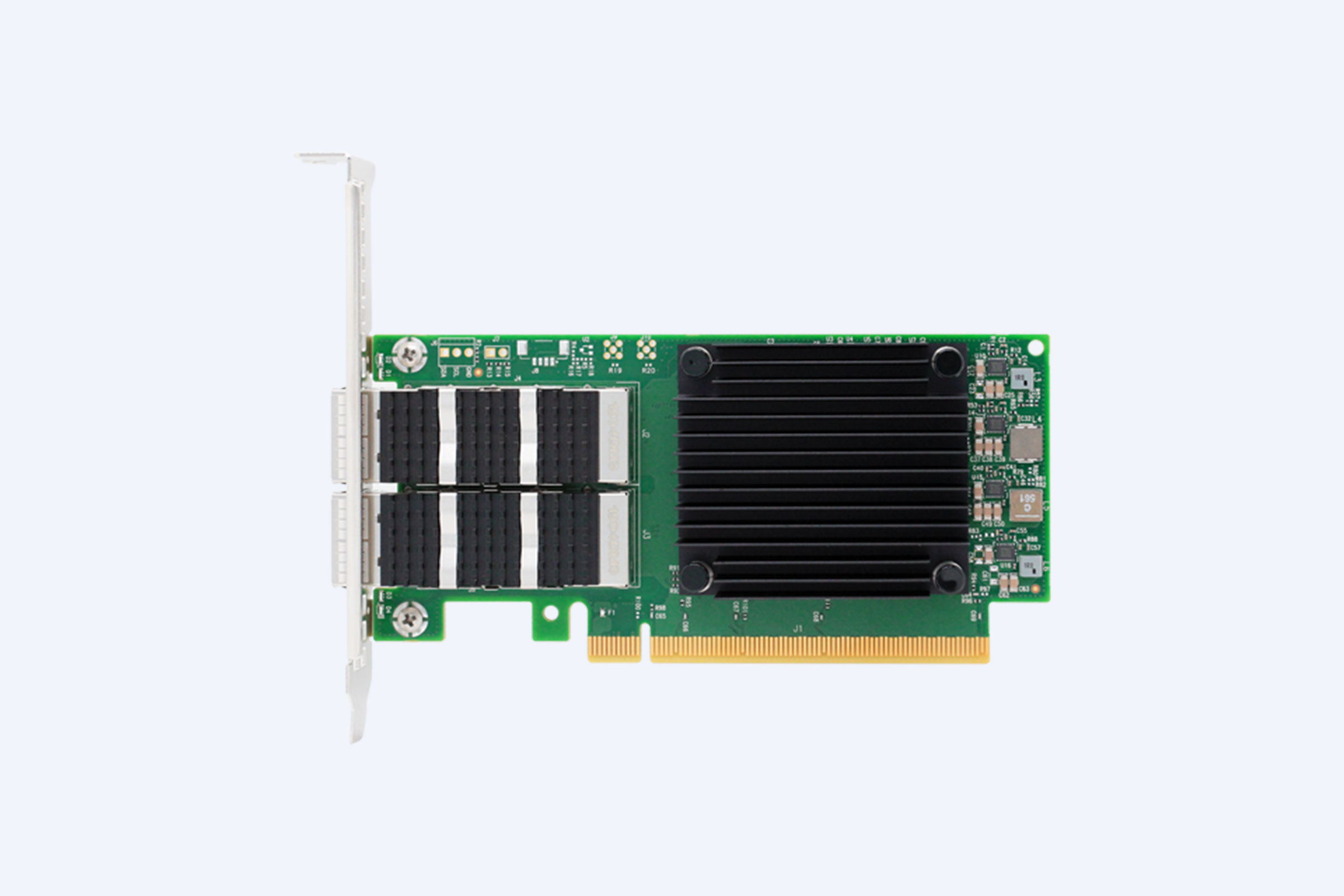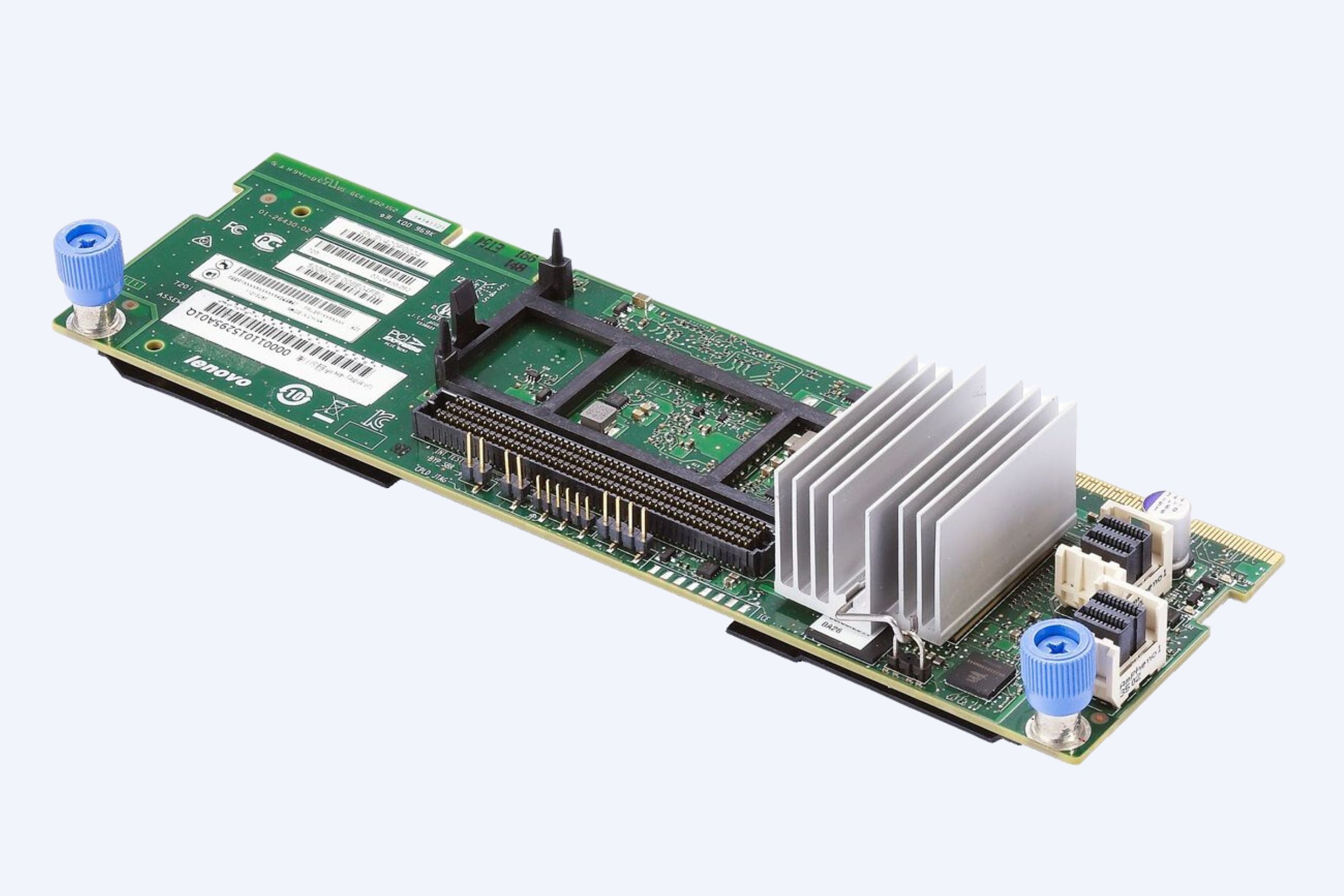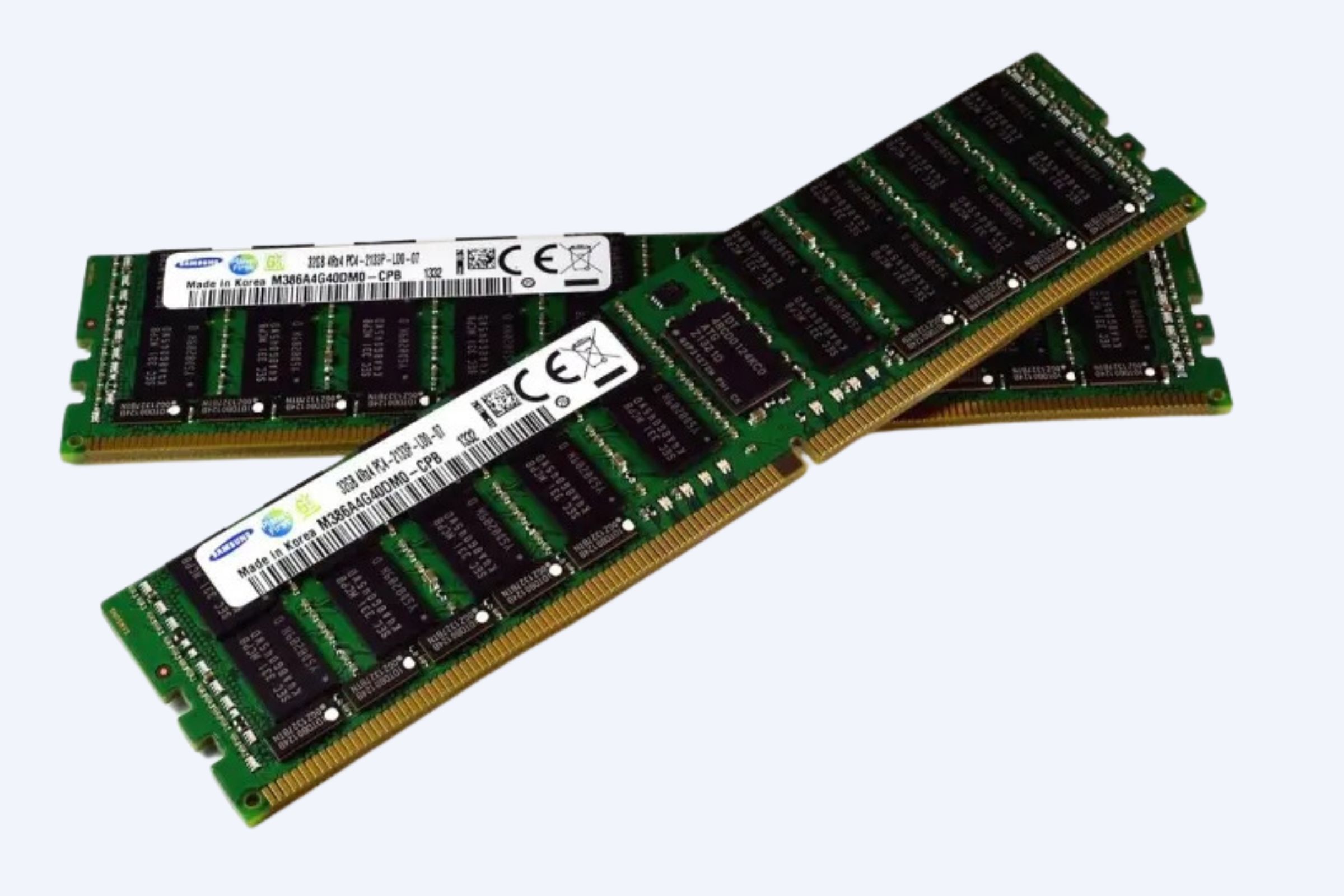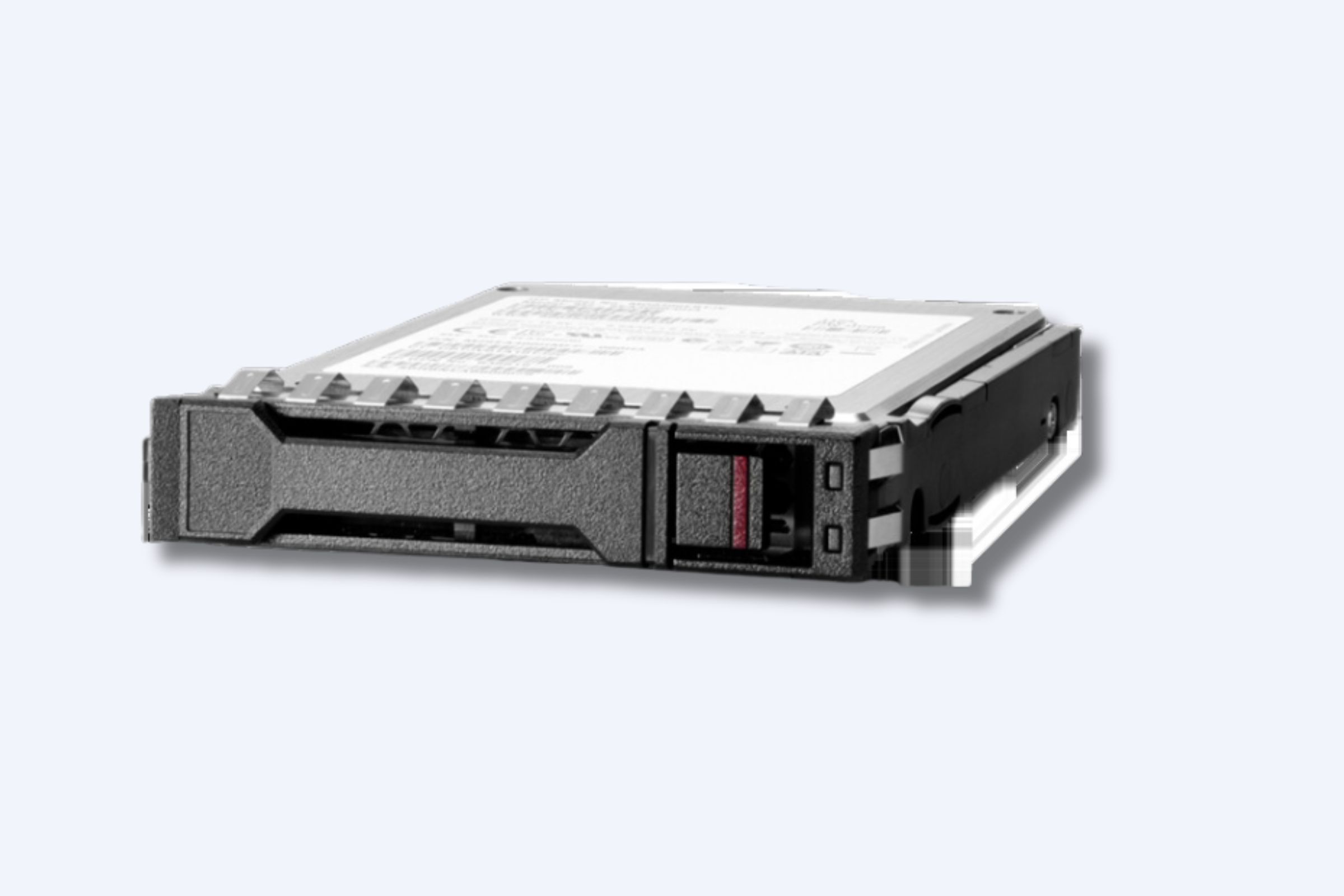The Dell PowerEdge R650xs, R750xs, and R750 servers are distinct rack servers powered by 3rd Gen Intel Xeon Scalable CPUs, optimized for different enterprise workloads based on size, scalability, and cost. Choosing the right one depends on your specific virtualization, storage, or high-performance computing needs.
What Are the Key Differences Between R650xs, R750xs, and R750?
The main differences lie in their form factors, scalability, processor support, memory capacity, storage options, expansion capabilities, and cost. The R650xs is a dense 1U server for cost-effective scale-out workloads, the R750xs balances cost and performance in 2U, and the R750 offers maximum performance with up to 40-core CPUs and 8TB memory in a 2U chassis. Each server supports varying storage drive counts and PCIe expansion tailored for different workload intensities.
How Does Processor Support Influence Server Performance?
The R650xs and R750xs support up to 32-core Intel Xeon Scalable Gold CPUs optimized for virtualization and software-defined storage. The R750 supports up to 40-core Xeon Gold and Platinum CPUs, delivering superior computing power for high-demand analytics, HPC, and virtualization at scale. Higher core counts and CPU TDP options equate to handling more intense and varied workloads.
Which Memory and Storage Capacities Are Available on These Servers?
The R650xs and R750xs have 16 DIMM slots supporting up to 1TB memory with 64GB DIMMs, ideal for mid-range enterprise workloads. The R750 doubles DIMM slots to 32 and supports up to 8TB memory with LRDIMMs, accommodating memory-heavy applications. Storage-wise, the R650xs offers fewer options, while the R750xs supports up to 16 SFF or 12 LFF drives with an optional rear cage. The R750 supports up to 24 SAS/SATA or NVMe drives plus two rear cages, giving unmatched capacity.
Why Is Expansion Flexibility Important in Server Selection?
For enterprises requiring specialized hardware like high-performance networking or RAID controllers, PCIe expansion slots matter. The R650xs provides up to 8 expansion bays with one PCIe slot. The R750xs offers six PCIe 4.0 slots plus an OCP 3.0 mezzanine slot for networking. The R750 extends expansion even further, supporting multiple PCIe slots to accommodate demanding peripherals.
How Does Cost Affect Choosing Between These Servers?
The R650xs is positioned as the most cost-effective option by trimming features for virtualization and scale-out workloads. The R750xs balances affordability with versatility, suitable for enterprises needing enhanced storage and performance. The R750 is the premium choice, priced higher but offering maximum flexibility and performance for heavy compute workloads.
Who Should Choose the Dell PowerEdge R650xs?
Choose the R650xs if a compact, 1U server optimized for virtualization or specific scale-out tasks fits your needs, especially when controlling costs by avoiding unnecessary features. It suits small to mid-sized businesses requiring efficient, dense servers for virtual desktop infrastructure and software-defined storage.
When Is the R750xs the Ideal Server?
The R750xs is ideal for enterprises seeking a cost-effective 2U server with a balanced mix of storage capacity, performance, and expansion for diverse tasks like virtualization, VDI, and software-defined storage with a step up from the R650xs in flexibility.
Can the R750 Handle Extreme Computing Demands?
Yes, the R750 is designed for maximum performance and scalability, supporting higher core-count CPUs, vast memory capacities, and multiple expansion options. It best serves demanding environments like heavy compute, large-scale virtualization, and big data analytics.
What Are Some Additional Considerations for Selecting a PowerEdge Server?
-
Assess workload types: virtualized environments may prioritize R650xs/R750xs.
-
Storage needs: higher drive counts in R750 suit data-intensive operations.
-
Future-proofing: R750 offers headroom for growth in memory and CPU power.
-
Budget constraints: R650xs offers excellent value for less intensive use cases.
How Does Wecent Enhance Your Dell PowerEdge Experience?
Wecent, a trusted name in enterprise servers and IT solutions, partners with leading brands to provide certified, original Dell PowerEdge servers. They offer high-quality products, expert advice, and tailored support helping enterprises select and optimize servers like the R650xs, R750xs, and R750 for long-term success. With over 8 years in the global market, Wecent stands as a reliable partner in server infrastructure.
What Are Expert Views from Wecent on These Servers?
Wecent experts highlight that the Dell PowerEdge R650xs, R750xs, and R750 servers cater to diverse enterprise requirements without compromising reliability or performance. Choosing between these models depends heavily on workload scale and budget, but Wecent’s tailored consultation ensures clients maximize value and scalability. Their extensive partnerships and market experience empower informed decisions fostering sustainable growth.” – Wecent Technology
How Do These Servers Compare in a Feature Table?
| Feature | R650xs | R750xs | R750 |
|---|---|---|---|
| Form Factor | 1U rack server | 2U rack server | 2U rack server |
| CPU Support | Up to 32 cores | Up to 32 cores | Up to 40 cores |
| Memory Slots | 16 (up to 1TB) | 16 (up to 1TB) | 32 (up to 8TB) |
| Storage Options | Fewer, limited bays | Up to 16 SFF/12 LFF + Rear cage | Up to 24 drives + Dual rear cages |
| Expansion PCIe Slots | Up to 8 bays, 1 PCIe | 6 PCIe 4.0 + OCP 3.0 | More PCIe slots for specialization |
| Cost | Most affordable | Mid-range | Highest |
What Are the Best Practices in Deploying These Servers?
-
Match server specifications precisely to workload demands.
-
Consider virtualization density and future growth when choosing memory and CPU configurations.
-
Inspect storage capacity needs and choose models supporting required drive options.
-
Utilize Wecent’s experienced team for deployment and optimization expertise.
Conclusion
Selecting between Dell PowerEdge R650xs, R750xs, and R750 servers comes down to balancing workload requirements, scalability, and budget. The R650xs suits dense, cost-sensitive virtualization; R750xs offers greater flexibility and storage; while the R750 is the powerhouse for demanding enterprise applications. With Wecent’s professional guidance and certified products, enterprises gain reliable, efficient server solutions tailored for success.
FAQs
Which Dell PowerEdge server is best for small businesses?
The R650xs is ideal due to its compact 1U size and cost-efficient virtualization support.
Can the R750xs handle large-scale virtualization?
Yes, it balances performance and storage, suitable for heavy virtualization and VDI.
What makes the R750 different from the others?
It offers the highest core count, memory capacity, and expansion for compute-intensive workloads.
Does Wecent provide support for Dell PowerEdge servers?
Yes, Wecent offers expert consultations, reliable supply, and customized solutions.
Is the R650xs suitable for software-defined storage?
Yes, it is optimized for software-defined storage and scale-out workloads cost-effectively.



